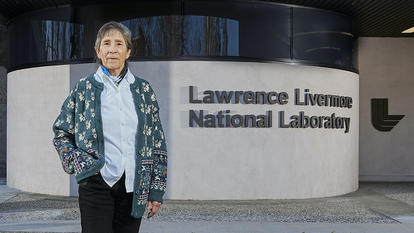Wellesley Professor Tells the Washington Post: Users, not Internet Search Engines, Create Bias in Elections

For several years, search engines like Google have been blamed for influencing perceptions of political candidates and social causes held by voters. Researchers and some political experts have pointed their fingers at the search engines.
This is important because election outcomes can turn on information voters use to inform their beliefs, said P. Takis Metaxas, professor of computer science at Wellesley. He spoke with The Washington Post in a recent article that talked about a monitoring system to investigate how spammers and internet users are able to manipulate search engines to promote their candidates and purposes.
“Spammers can manipulate and exploit the search engines to increase web popularity for their candidates or their causes,” said Metaxas, who has studied this trend since 2004. “People can be influenced by what they find on the internet.”
To manage and monitor this trend, Robert Epstein, a former editor of Psychology Today who helped found a behavioral research institute in California, has plans to launch a global monitoring system called the Sunlight Society.
Using this system, people from different countries would conduct searches and track rankings and then transit them to a central office. There, researchers would comb through the data to search for signs of bias.
But according to Metaxas, who is not affiliated with the Sunlight Society Project, the problem lies more with how people take advantage of user habits. Typical users will peruse the first items that appear on the first or second page of a search
“People pay the most attention to the first or second page. They go by the first item on the first pages and then maybe to the first ten results. Rankings are considered a gauge. These are not fake news stories. It’s gaming the system. ”
According to Metaxas, search engines can be manipulated to elevate ranking positive articles about their candidates high while ranking opponents lower in placement. “Zealots and political operatives can mess up search engines that influence people's habits. They game the system.”



